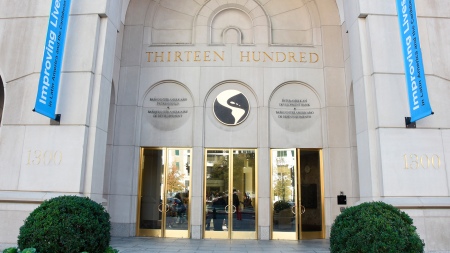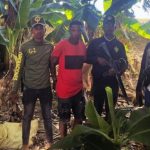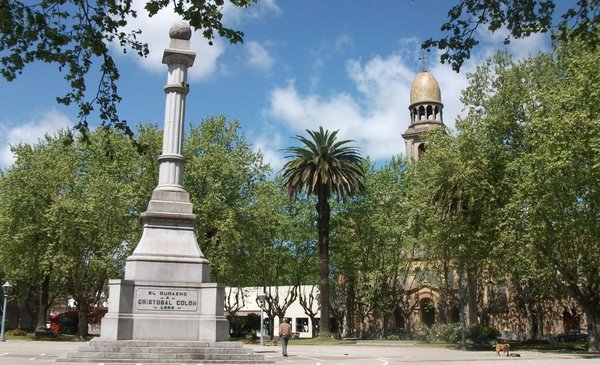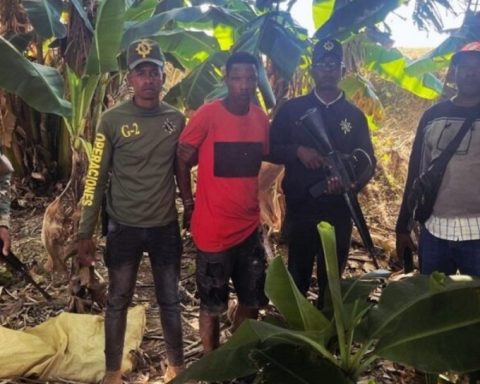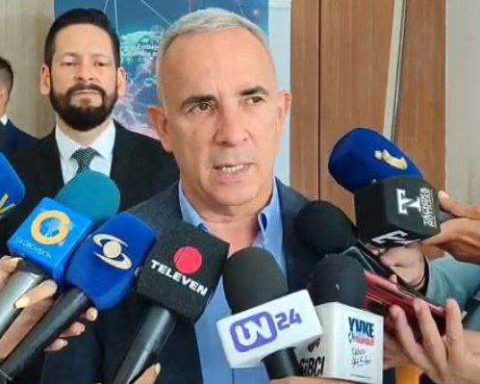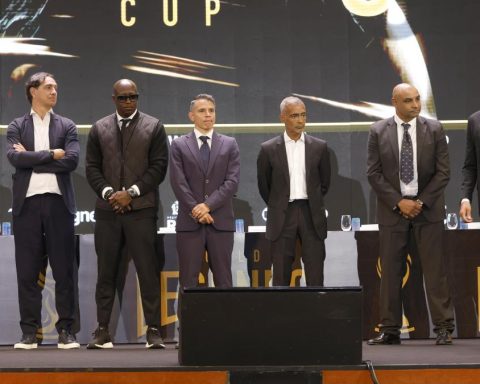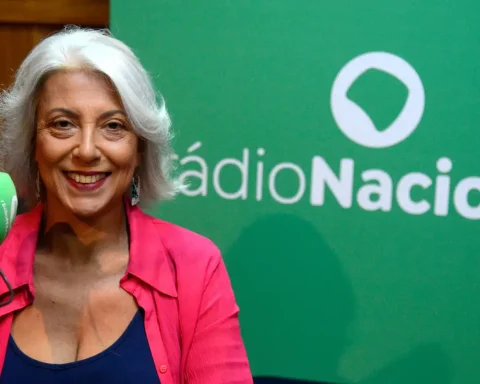The Inter-American Development Bank (IDB) will meet this Sunday in assembly to elect its new president, in a contest in which, in addition to Cecilia Todesca Bocco, a candidate named by Argentina, candidates from Brazil, Mexico, Chile and Trinidad will present themselves. and Tobago.
The Board of Governors, the bank’s highest authority made up of the finance ministers and economic authorities of the member countries, will meet this Sunday at 8 a.m. Washington time (10 a.m. in Argentina) in a closed session with a hybrid format.
In the Argentine case, the Government presented as a candidate the current Secretary of International Economic Relations of the Foreign Ministry, Cecilia Todesca Boccothe only woman nominated for the position.
“Is it a weight for me to be the candidate of Argentina? No, because I bring all the country’s problems in my bagwhich means that I am very clear about the complexity of development problems,” Todesca Bocco told the AFP news agency this week.
According to the economist and former Deputy Chief of Staff, the productivity gaps, social and territorial exclusion, the impact of climate change and the problem of the distribution of care tasks must be the “axis of transformation” of the IDB, while it must favor private investment so that Latin America can be a productive “link”.

Who are the candidates and what will the process be like?
In this Sunday’s assembly, each of the five presidential candidates will present and explain their application, something they have already done in private interviews last Sunday.
To be elected, the candidate -who will occupy the position for five years with the possibility of being re-elected one time- must obtain an absolute majority of votes, which vary by country according to the number of shares in the institution; The United States, Argentina and Brazil together hold almost 53% of the voting rights, followed by Mexico with 7.2%.
The next president of the IDB will replace the American Mauricio Claver-Carone, dismissed on September 26 by the Board of Governors, after an investigation concluded that he gave favorable treatment to a subordinate with whom he had a sentimental relationship.
The other candidates are Gerardo Esquivel (Mexico)deputy governor of that country’s central bank (Banxico); Nicolas Eyzaguirre (Chile)former Minister of Finance in the presidencies of Ricardo Lagos and Michelle Bachelet; Gerard Johnson (Trinidad and Tobago), former official of the IDB itself; and Ilan Goldfajn (Brazil)former president of the Central Bank of Brazil and current director of the Department for Latin America of the International Monetary Fund (IMF), who was appointed by outgoing president Jair Bolsonaro.
The United States – which owns 30% of the shares and is, therefore, a fundamental actor at the time of the election – decided not to present a candidate since the Joe Biden administration intends to return to the tradition that the incumbent comes from from a Latin American country.
The countries that submitted applications will seek to agree on a consensus candidacy to preside over the body.
The countries that submitted applications will seek to agree on a consensus candidacy to preside over the body.
“The idea of the consensus is that today we continue to support our candidate, who is the only woman. That is something that I discussed with the Secretary of State of the United States (Antony Blinken) in Bali, and with several on the subject of Cecilia” Foreign Minister Santiago Cafiero said this week.
After the controversial mandate of Claver-Carone, The five candidates agree that the bank should emphasize “transparency” and “dialogue.”
The five also agreed on the importance of focusing resources on combating poverty, inequality and the consequences of climate change.but taking into account that the region is heterogeneous and the needs of middle-income countries differ greatly from those of others with less access to international financial markets.
In the same way, they will have to lead an institution framed in a world context of rate hikes and economic slowdown, in addition to the impact of the war between Russia and Ukraine.
